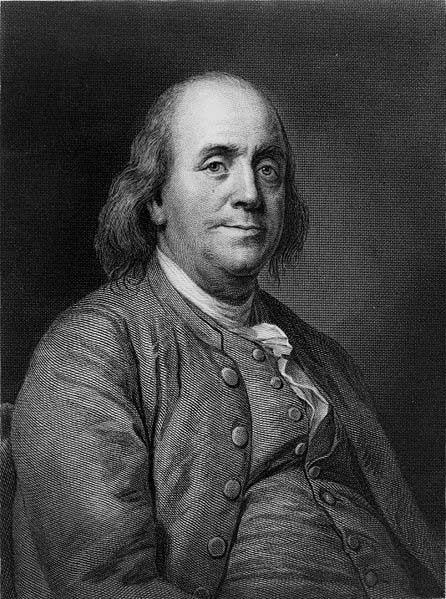Redemption
Having been tenant long to a rich Lord,
Not thriving, I resolved to be bold,
Not thriving, I resolved to be bold,
And make a suit to him, to afford
A new small-rented lease, and cancel th'old.
In heaven at his manor I him sought:
They told me there, that he was lately gone
About some land, which he and dearly bought
Long since on earth, to take possession.
I straight returned, and knowing his great birth,
Sought him accordingly in great resorts;
In cities, theatres, gardens, parks, and courts:
At length I heard a ragged noise and mirth
Of thieves and murderers: there I him espied,
Who straight, Your suit is granted, said, and died.
-Redemption, George Herbert







